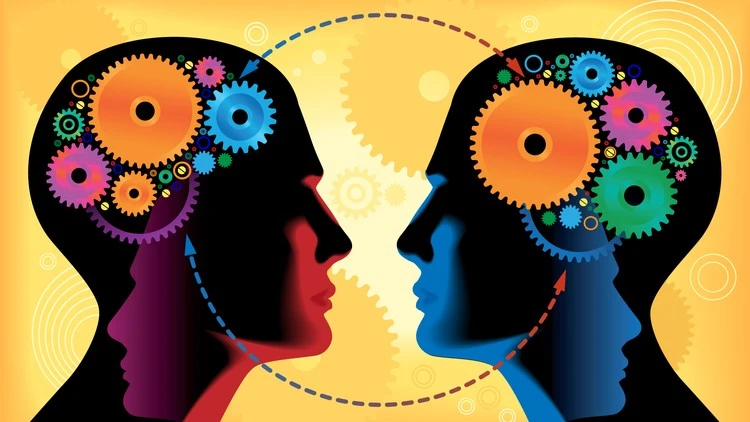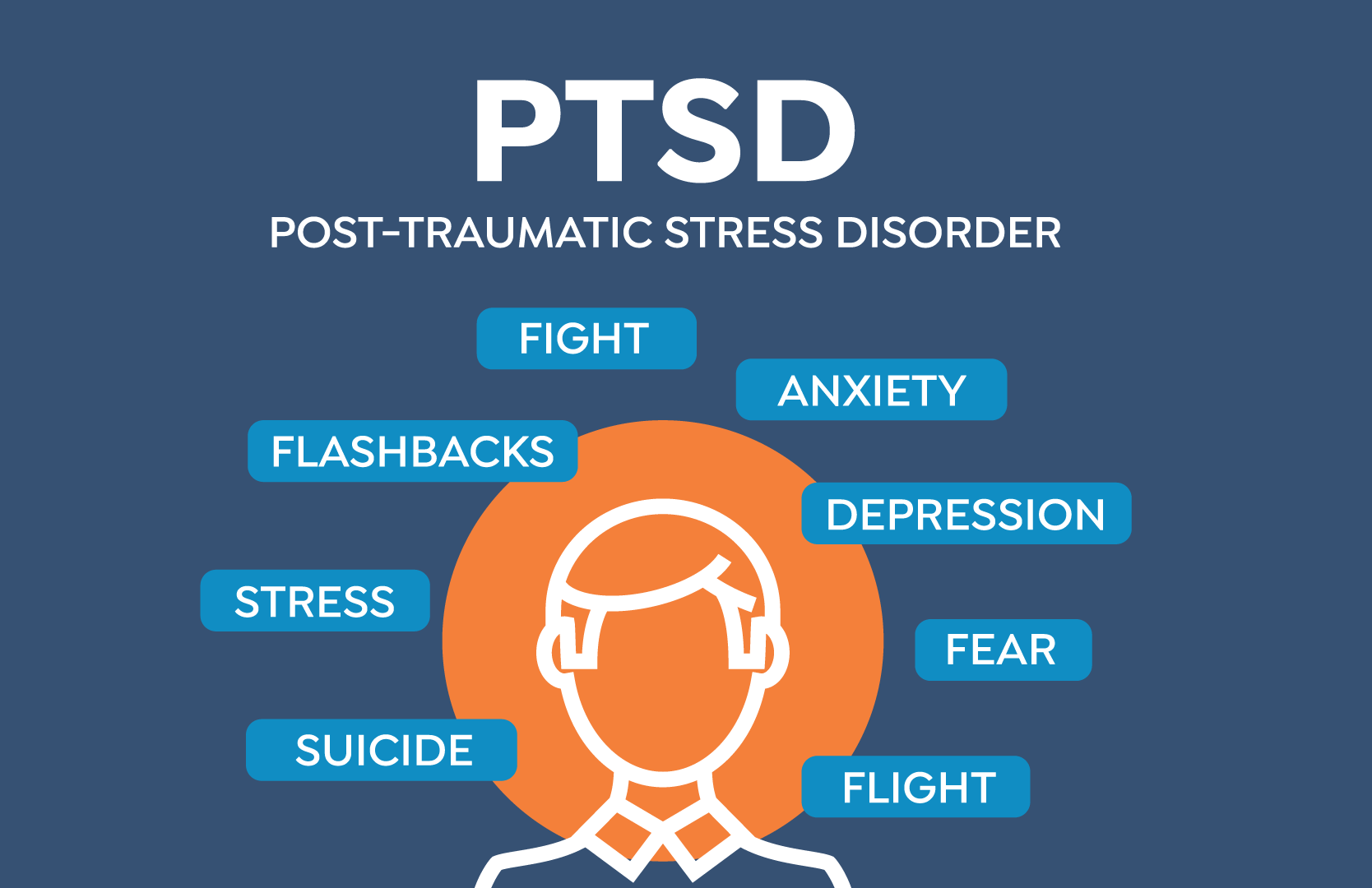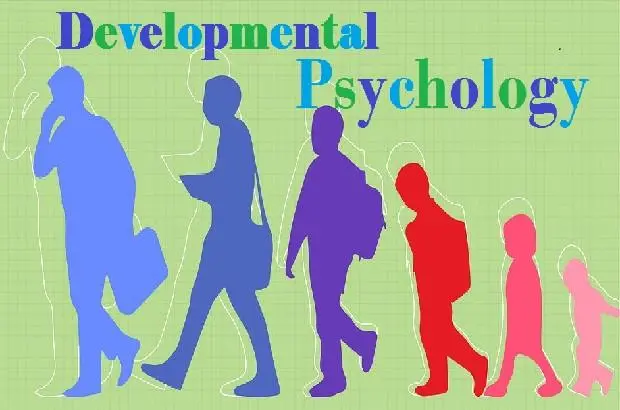Understanding Human Behavior: An Introduction to Social Psychology
Introduction: Human behavior is a complex phenomenon influenced by a multitude of factors, including individual cognition, emotions, and social interactions. Social psychology is the scientific study of how individuals’ thoughts, feelings, and behaviors are shaped by their interactions with others. It provides valuable insights into various aspects of human behavior, such as conformity, obedience, attitudes, prejudice, and group dynamics. This article explores the fascinating field of social psychology, highlighting key concepts and theories that help us better understand human behavior.
- The Power of Social Influence: One of the central areas of study in social psychology is social influence. Humans are inherently social beings, and their thoughts and behaviors are profoundly influenced by the presence and actions of others. This section delves into influential concepts such as conformity, obedience, and compliance. It explores the reasons why individuals tend to conform to group norms, obey authority figures, and comply with requests from others, even when they may go against their personal beliefs or values.
- The Formation and Change of Attitudes: Attitudes play a crucial role in shaping human behavior. They are evaluations or judgments individuals hold toward people, objects, or ideas. This section explores how attitudes are formed, including the role of socialization, cognitive dissonance, and persuasion. It also examines the factors that influence attitude change, such as social norms, persuasive communication, and cognitive processes.
- Prejudice and Discrimination: Prejudice refers to preconceived negative attitudes or beliefs about individuals based on their membership in a particular group. Discrimination involves unfair treatment of individuals based on their group membership. This section explores the roots of prejudice and discrimination, including stereotypes, social categorization, and intergroup conflict. It also highlights the consequences of prejudice and discrimination on both the individual and societal levels.
- Group Dynamics: Human beings are social creatures who often find themselves in various group contexts. Group dynamics refers to the ways in which individuals interact and influence one another within a group setting. This section discusses important concepts such as social facilitation, social loafing, groupthink, and deindividuation. It also explores the factors that influence group cohesion, decision-making processes, and intergroup relations.
- Prosocial Behavior and Altruism: Prosocial behavior refers to actions that benefit others or society as a whole. Altruism, in particular, involves selfless acts intended to help others without expecting anything in return. This section explores the factors that influence prosocial behavior, such as empathy, altruistic personality traits, and situational variables. It also examines the potential explanations for altruism and the psychological rewards individuals experience when engaging in helping behaviors.
Conclusion: Social psychology provides valuable insights into human behavior and the complex interplay between individuals and their social environment. By understanding the various processes and phenomena studied in this field, we can gain a deeper comprehension of why people think, feel, and act the way they do. From the power of social influence to the formation of attitudes, from prejudice and discrimination to group dynamics and prosocial behavior, social psychology sheds light on the intricate mechanisms underlying our social interactions. Ultimately, this knowledge can be harnessed to foster healthier, more empathetic, and cooperative societies.
![]()





